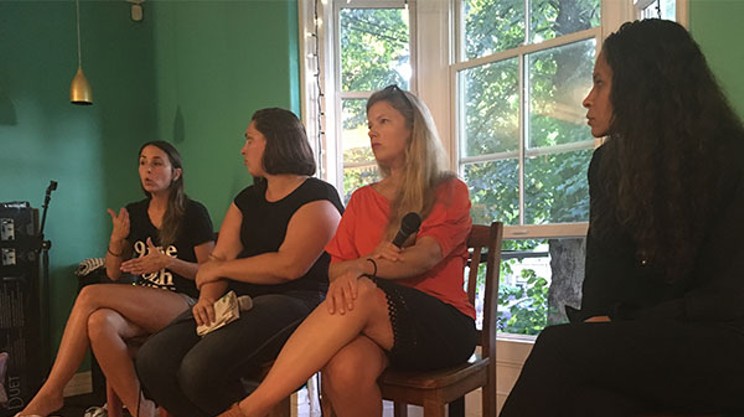On August 7, 1993, Gregory Gerald Jodrey of Gaspereaux, Nova Scotia was murdered in Wolfville. Gregory was my best friend and I loved him dearly. Twenty-five years later, the hole remains in my heart and the anvil remains in my stomach.
The bare facts are that Gregor was at the tavern in Wolfville, met a man there, left the tavern, had sex with him, then was found beaten to death beside the railroad tracks early the next morning.
The assailant claimed he panicked after being raped and instinctively reacted with violence. The
The
In 2006, the person who beat Gregor to death received a nine-month conditional community sentence for sexually assaulting an 11-year-old girl. In 2008, they were sentenced to life in prison for the 1999 rape and murder of a 92-year-old woman.
The RCMP officer I spoke at length with during the investigation, upon learning I was an occasional sexual partner of Gregor’s, seemed to regard the entirety of my statement as nothing more than an effort to protect my friend, rather than an earnest effort to tell the truth. He displayed no familiarity with the culture of man-to-man sex in rural Nova Scotia, nor even a recognition that it is a culture. My casual reference to the practice of men buying sex from one another at taverns, for example, was apparently a revelation to him. He kept trying to summarize my nuanced statements with simple truisms—none of which were true, all of which were tropes. He seemed to want evidence that Gregor was a predator. He seemed to need
Gregor, despite being regularly subjected to physical harassment and violence in his community, was not out to his family. In their shock and grief, and their own deep homophobia, they were too bewildered to question the rape allegation. So far as I know, Gregor’s parents just accepted the story.
In the intervening years, Gregor’s murder has been cited academically as an example of lethal homophobic violence and recited in popular journalism as a hate crime. Candles are lit as his name is read at memorial events.
I will never know what happened that muggy night in Wolfville a quarter-century ago. Given the state of Gregor’s body when it was found, this is a mercy to me.
It’s clear to me that homophobia, inherent in the investigation from the start, distorted the facts and skewed the prosecution. Gregor cowered if you stamped your foot. He was physically incapable of perpetrating rape against anyone who resisted. I can’t account for the violence of Gregor’s assailant, other than to assert that rape was not the cause.
Whatever happened between Greg and his assailant triggered the violence, it didn’t cause it or warrant it. That distinction never saw the light of day in court. I have never argued that manslaughter was an unjust verdict, only that Gregor’s murder was an unjust act, and the conclusions of the court an unjust characterization of the man I knew, and likely, the way he died.
I still think I see him, occasionally. I’ll catch a silhouette of a slender guy in a baggy sweater with wispy hair and oversize glasses and I’ll think, ‘Gregor!’ and my heartbeat will increase before the dead weight of memory squelches the thought, leaving me jangling.
There are many things I could wish for, having lived so long without him. What I wish most of all is for the assumptions of those in authority to change—to abandon the default in which the victim of sexual or gendered violence is always to blame, to embrace a nuanced understanding of human relations and the negotiations they entail.
Murders solved with tropes are the stuff of television drama, never real life. The loss of my friend left a hole in my heart, and the process of justice left an anvil in my stomach. Twenty-five years later, I still can’t say which is heavier to bear.




















